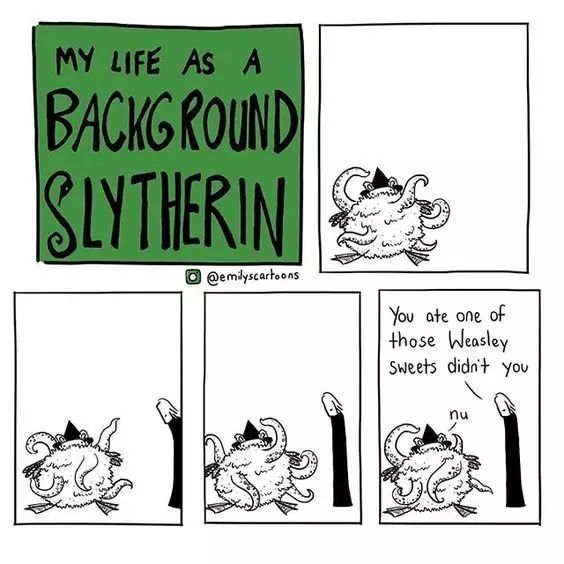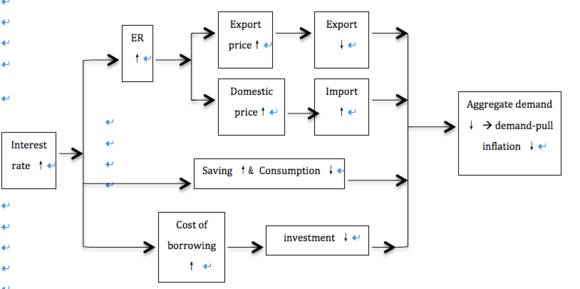- 翰林提供学术活动、国际课程、科研项目一站式留学背景提升服务!
- 400 888 0080
【A-Level 经济】如何写成一篇漂亮的Discuss 类Essay?
在经济学paper2中,经常会遇到这类以discuss为引导词的essay问题,遇到这类问题,我们可以——见招拆招

discuss包含正反两面,一般是让我们去discuss某一个概念或者一种方法所带来的好处和坏处,这种其实是非常直接的,也相对简单一点。
但今天要针对比较难的题目来进行说明,如下:
Discuss whether a rise in interest rate will cause the inflation rate to fall.
利率的上升是否会导致通货膨胀率下降。
这道题考的是利率上升和通货膨胀率下降的关系,一方面,利率的上升确实能够导致通货膨胀率下降,另一方面则是这种关系不一定存在。
正面解体思路:interest rate increase 如何导致inflation rate decrease;首先我们知道 rise interest rate 是deflationary monetarypolicy aiming to reduce aggregate demand; 再回顾到三大引起inflation的原因,我们就可以推出提高利率是旨在减少demand-pull inflation,如图:

上图详细地展示了interest rate上升导致inflation rate下降的几个路径,那么我们该如何来写反面呢?
首先我们来看第一个路径,也就是interest rate 通过改变exchange rate来影响进出口这个路径。
interest rate 上升导致exchange rate下降的前提是这个经济体所采用的是floating exchange rate system,所以反面的第一个论点就出来了:whether the exchange rate system is floating。
即使在floating exchangerate system下,exchange rate上升,出口真的会下降吗?进口真的会减少吗?这里就需要考虑elasticity这个因素了,于是第二个论点也出来了: whether the demands for exports and imports are elastic or not.
分析完第二个路径,我们来看第二个路径,也就是inflation rate rise 通过改变private consumption 来减少aggregate demand 从而减少demand-pull inflation,这时候你就要拆掉private consumption decrease这一招;那什么时候利率上升private consumption不会减少呢,这个取决于consumer 对于prospective economy的confidence,所以第三个论点也出来了。
最后一个路径是通过减少investment 来减少aggregate demand,同样我们需要拆掉这一招:利率上升能不能影响investment的数量取决于business confidence,如果investor对于整个economy非常positive,他们可能会在高利率的情况下继续投资;此外,如果目前的利率非常低,比如2%,那么利率提高20%,annual interest rate也才2.4%,影响就不会特别大。
所以第四个论点就是:consider business confidence and the current interest rate level. (注意:在这里的investment纯粹指的是producers’ investment on capital goods)
那以上是整个见招拆招的过程,就是一步一步拆毁整个正面的逻辑,从而形成反面论点。

那我们现在来练习一下这种招式,下面是几个比较典型的题目适合这个招式:
Q1: discuss whether a country’s current accountis expected to be worsening when there is a high inflation rate.
Q2: discuss whether expenditure switchingpolicies can improve a country’s current account situation.
大家试着练习一下吧!


最新发布
© 2025. All Rights Reserved. 沪ICP备2023009024号-1








